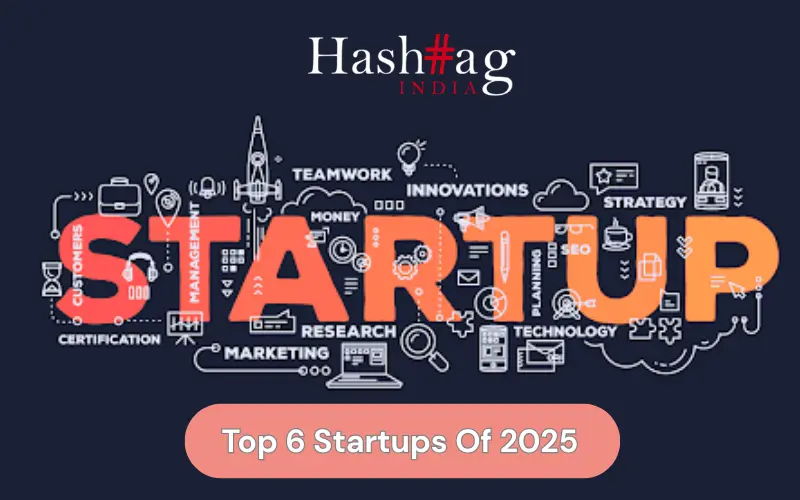In a fast-paced economy where entrepreneurship is often glamorized and unicorn status is considered the ultimate goal, Union Minister Piyush Goyal’s recent cautionary note to start-ups has sparked conversation across boardrooms, social media feeds, and co-working spaces alike. At a time when headlines celebrate billion-dollar valuations and multi-million funding rounds, Goyal’s reminder to prioritize sustainability over vanity metrics comes as both a wake-up call and a much-needed dose of realism.
What Did Piyush Goyal Say?
While addressing a forum of young entrepreneurs and start-up founders, the Commerce and Industry Minister highlighted the growing trend of start-ups focusing more on valuation than value creation. He advised founders to stay grounded, reminding them that real impact lies in solving problems, building sustainable models, and creating employment — not just in raising capital or reaching the next funding milestone.
Why It Resonates
1. The Valuation Bubble
India has witnessed a boom in the start-up ecosystem over the last decade, becoming the third-largest start-up hub in the world. However, this rapid rise has also led to the emergence of overvalued unicorns, many of which struggle to generate profits or even break even. Goyal’s words hit home because several start-ups that once shone brightly have now either shut down or drastically downsized.
2. Funding Winter & Layoffs
In the past year, a noticeable funding winter has taken a toll on many start-ups. With VC purse strings tightening, companies have been forced to lay off thousands of employees, scale back operations, and rethink their business models. Goyal’s comment serves as a timely reminder that blind growth can be dangerous without a stable foundation.
3. Founders Facing Burnout
The hustle culture in start-up circles often glorifies 20-hour workdays and constant “grind” mentality. However, a growing number of founders are speaking out about mental health challenges, anxiety, and burnout. Goyal’s emphasis on sustainable growth also indirectly supports a healthier entrepreneurial mindset — one that doesn’t chase short-term highs at the expense of long-term wellbeing.
Case Studies That Echo the Message
- Byju’s, once hailed as India’s edtech juggernaut, has faced mounting losses, layoffs, and credibility issues. Critics argue that aggressive expansion without stabilizing core operations led to its current troubles.
- Zilingo, a fashion-tech start-up with promising potential, ended in turmoil due to financial discrepancies and internal mismanagement.
- On the flip side, companies like Zoho and Zerodha, which have grown organically with minimal external funding, are now celebrated for their profitability, culture, and stability.
Reactions from the Ecosystem
Start-up mentors, investors, and founders have largely welcomed Goyal’s remarks.
- Anand Mahindra tweeted in agreement, stating, “Sustainable, grounded growth always wins in the long run.”
- Kunal Shah, founder of CRED, commented during a podcast that, “While valuations are important, the ability to generate real cash flow is the true test of any business.”
- Several first-time founders posted on LinkedIn, thanking the Minister for “speaking the truth” and reminding them to focus on what truly matters.
So, What Should Start-Ups Do Differently?
 Focus on Profitability
Focus on Profitability
Even in early stages, unit economics should make sense. Start-ups must resist the urge to burn capital indiscriminately just to acquire users or expand fast.
 Build Value, Not Just Valuation
Build Value, Not Just Valuation
Founders should focus on solving real problems, providing measurable outcomes for customers, and earning trust before chasing funding.
 Be Transparent with Investors
Be Transparent with Investors
Clear communication and honest projections go a long way. Fudging numbers for the next round can lead to deeper trouble later.
 Invest in Team Culture
Invest in Team Culture
A resilient, motivated team can withstand tough phases. Emphasizing employee wellbeing, fair pay, and open culture is critical for long-term stability.
 Embrace Slow, Steady Growth
Embrace Slow, Steady Growth
Rather than fearing slower growth, start-ups can reframe this as a strength — ensuring they are agile, frugal, and strategic.
Conclusion
Piyush Goyal’s advice may sound like a warning — but it’s also a vision for a more mature start-up ecosystem. One where entrepreneurship is celebrated not for flashy numbers, but for real impact, purpose, and resilience.
As India continues to rise as a global innovation hub, his message urges the ecosystem to ask itself a fundamental question: Are we building for the long haul, or just the next funding headline?
































